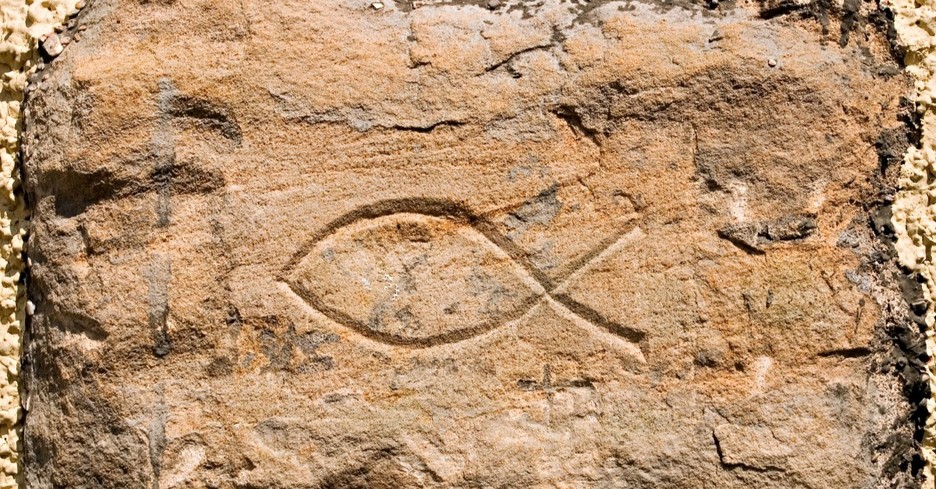
This timeline covers key events in 2nd-century Christian history, including theological developments, early Christian writings, persecutions, and the expansion of Christianity throughout the Roman Empire.
2nd Century Christian History
c. 100-150 AD: Apostolic Fathers
- Writings of early Christian leaders like Clement of Rome and Ignatius of Antioch.
c. 100-160 AD: Spread of Christianity
- Christianity continued to spread throughout the Roman Empire, reaching key cities.
c. 130-202 AD: Life of Irenaeus
- Irenaeus of Lyons became a prominent Christian theologian and writer, defending orthodox Christian beliefs.
c. 150 AD: Writings of Justin Martyr
- Justin the Martyr writes Apologies, defending Christianity to Roman authorities.
c. 155-165 AD: Persecutions under Marcus Aurelius
- Widespread persecution of Christians under Emperor Marcus Aurelius.
c. 170-180 AD: Gospel of Marcion
- Marcion, a controversial figure, compiles a version of the Gospel and other writings with unique theological views.
c. 175-254 AD: Life of Origen
- Origen, an early Christian scholar and theologian, contributed to Christian doctrine but was later condemned by the Church.
c. 180 AD: Muratorian Canon
- The Muratorian Canon, one of the earliest lists of accepted Christian scriptures, is compiled.
c. 185-254 AD: Persecutions under Decius and Valerian
- Decius and Valerian launch persecutions against Christians, leading to martyrdoms.
c. 197-200 AD: Life of Tertullian
- Tertullian, an influential early Christian writer, produced apologetic and theological works.
c. 200 AD: Didache
Recommended- The Didache, an early Christian manual, is composed, providing insights into early Christian practices.
The Lord has not returned as soon as expected, so organization is needed to continue the ministry, resist persecution, oppose heretical teachings, and spread the word. Thus, the office and role of the bishop become stronger.
• While persecution continues intermittently from without, heresies pose major dangers from within and must be answered. Heresies include:
GNOSTICISM -- A kind of New Age movement that claimed special knowledge.
MARCIONISM -- An attempt to reduce the Scriptures--both the Hebrew and Christian Scriptures -- to a few select books
MONTANISM -- A charismatic movement that got carried away with new revelations, prophecies, and judgmental attitudes toward other Christians.
• Apologists, or explainers of the faith, emerge to combat heresy and answer the church's opponents. Key apologists include Irenaeus and Justin Martyr.
• The churches are not legal and have no public forum or church buildings. Local persecution can break out at any time. A profound public witness emerges as Christians are put to death because they will not deny the faith at any cost. Examples: Martyrdom of 84-year-old bishop Polycarp (AD 155) and a whole group mercilessly tortured at Lyons in AD 177.
• The strongest centers of the Church are Asia Minor and North Africa. Rome is also a center of prestige.
• The church continues its amazing spread, reaching all classes, particularly the lower. Callistus--a former slave--actually becomes the bishop of Rome and claims the Roman bishop's special importance.
Photo: ©Getty Images/BMPix








